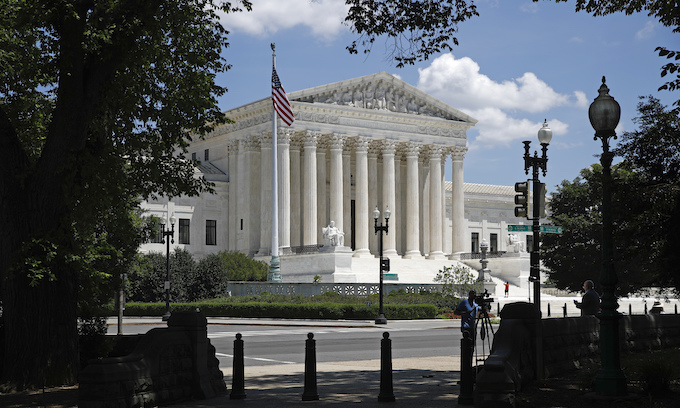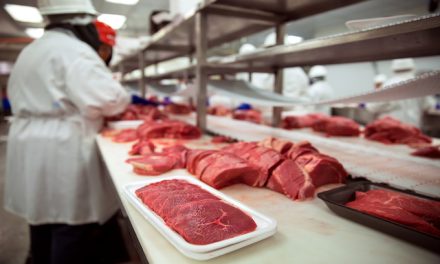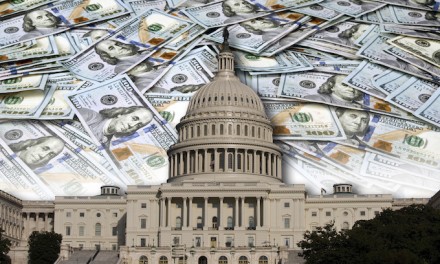A group suing over Gov. Charlie Baker’s pandemic executive orders is citing last week’s U.S. Supreme Court order to stop capping religious gatherings in coronavirus hot zones in New York.
In that case, the court ruled 5-4 that New York Gov. Andrew Cuomo could not limit the size of gatherings at churches and synagogues in red and orange coronavirus infection zones because it violated First Amendment rights. Justice Amy Coney Barrett, just appointed to the court by President Trump, sided with fellow conservative jurists in the majority.
The Supreme Court’s winning opinion reads, in part: “Even in a pandemic, the Constitution cannot be put away and forgotten. The restrictions at issue here, by effectively barring many from attending religious services, strike at the very heart of the First Amendment’s guarantee of religious liberty.”
The New Civil Liberties Alliance, suing Baker in the Massachusetts Supreme Judicial Court over his pandemic-related orders, say the SJC should follow the Supreme Court’s lead.
“Governor Baker’s Civil Defense State of Emergency COVID-19 orders’ inconsistent treatment between and among … businesses, churches, and school(s), manifested unlawful dispensing with the law,” the alliance states in a new filing with the SJC.
The SJC must decide if Baker has overstepped his authority by issuing executive orders mostly under the Civil Defense Act instead of the Public Health Act. The alliance has stressed that Baker’s team deciding what businesses are essential — or not — is a key point in the challenge to the governor’s power.
MassFiscal Alliance, in backing the challenge to Baker’s rulings, said the Supreme Court decision arrives right on time.
“The ruling by the Supreme Court of the United States should be celebrated by all,” said MassFiscal spokesman Paul Diego Craney. “As more time passes, the courts are increasingly ruling in favor of restoring rights and liberties.”
Craney also pointed out Barrett’s support in temporarily blocking the New York limits on worship.
The Massachusetts Attorney’s General’s Office, representing Baker before the SJC, deferred comment to the Corner Office. Last week a Baker spokeswoman was reported as saying, “The administration believes the Supreme Court decision is consistent with the way Massachusetts is working with our houses of worship during the pandemic.” She did not address the state case.
The state now allows houses of worship to operate at 50% occupancy, depending on the size of the building.
___
(c)2020 the Boston Herald
Visit the Boston Herald at www.bostonherald.com
Distributed by Tribune Content Agency, LLC.
—-
This content is published through a licensing agreement with Acquire Media using its NewsEdge technology.



















Big whoop.. Right now, i have little faith, in anything anymore.